搜索结果: 'methocult media formulations for mouse hematopoietic cells serum containing'
-
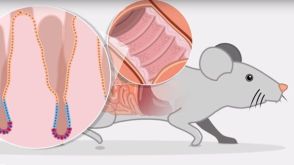 1:09
How to Culture Mouse Intestinal Organoids: Introduction
1:09
How to Culture Mouse Intestinal Organoids: Introduction产品类型:
产品号#:
06005
产品名:
IntestiCult™ 肠道类器官生长培养基 (小鼠)
发布日期: 10/8/15 -
 6:17
How to Culture Mouse Intestinal Organoids: Passaging
6:17
How to Culture Mouse Intestinal Organoids: Passaging产品类型:
产品号#:
06005
产品名:
IntestiCult™ 肠道类器官生长培养基 (小鼠)
发布日期: 10/9/15 -
 11:17
How to Culture Mouse Intestinal Organoids: Isolating Intestinal Crypts and Establishing Organoids
11:17
How to Culture Mouse Intestinal Organoids: Isolating Intestinal Crypts and Establishing Organoids产品类型:
产品号#:
06005
产品名:
IntestiCult™ 肠道类器官生长培养基 (小鼠)
发布日期: 10/8/15 -
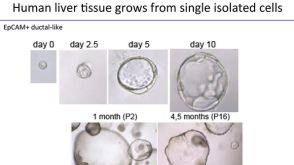 1:03:40
From Stem Cells to Organoids: Modeling the Gastrointestinal Tract
1:03:40
From Stem Cells to Organoids: Modeling the Gastrointestinal Tract产品类型:
产品号#:
06005
产品名:
IntestiCult™ 肠道类器官生长培养基 (小鼠)
发布日期: 6/20/14

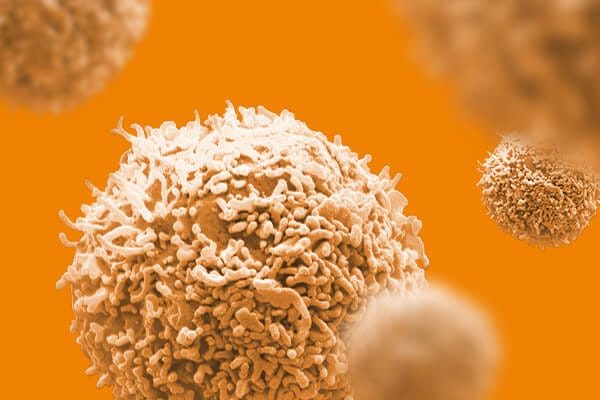
 EasySep™小鼠TIL(CD45)正选试剂盒
EasySep™小鼠TIL(CD45)正选试剂盒
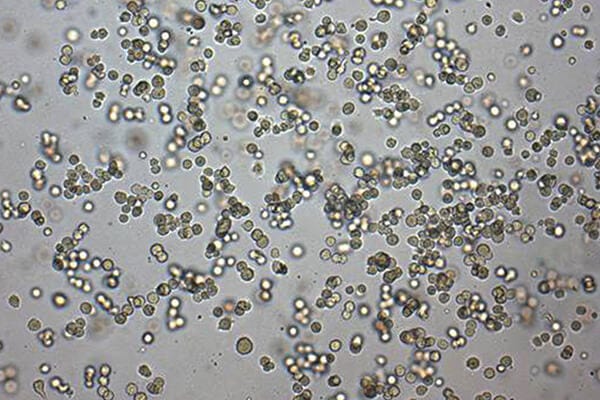
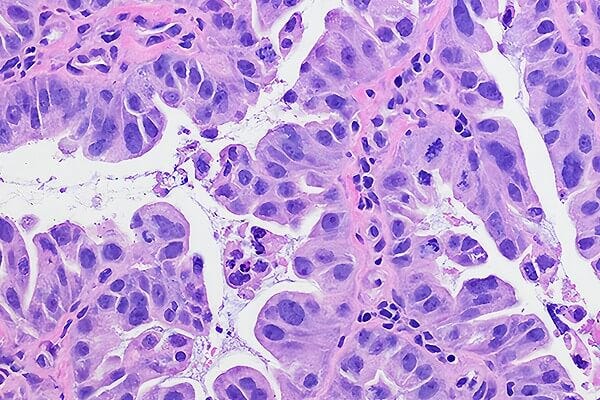


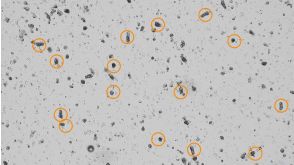

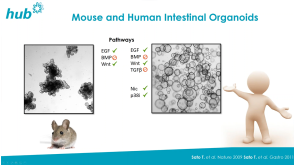
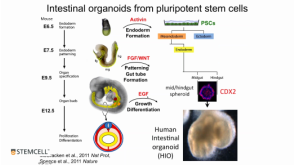

 沪公网安备31010102008431号
沪公网安备31010102008431号